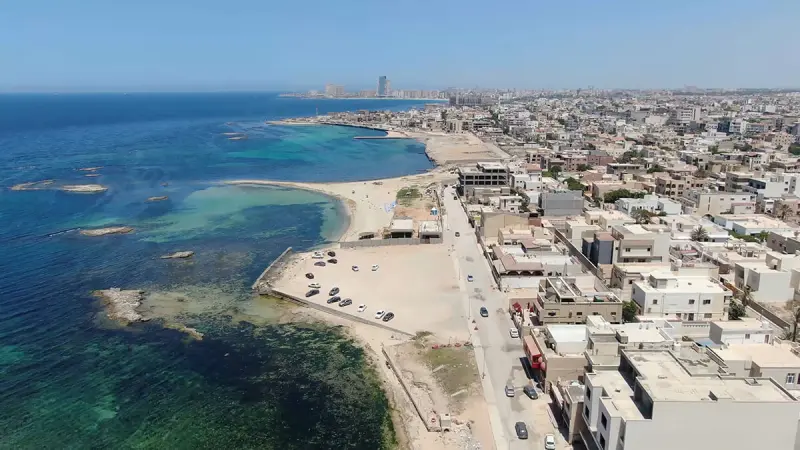Libya: The Forgotten Appendix of the Middle East

Much like the appendix – that mysterious organ whose purpose has puzzled medical science for centuries – Libya has become an afterthought in global consciousness. Yet, like that same organ whose inflammation can bring a body to its knees, Libya’s stability remains crucial to regional health, even as the world looks away.
For years, I’ve watched my homeland fade from international headlines, transforming from a central focus of diplomatic summits into a footnote in global affairs. During my recent return to Benghazi after years of self-imposed exile, the silence surrounding Libya’s fate was deafening. This nation, which once commanded the attention of the UN Security Council, the European Union, the African Union, and the Arab League, has slipped into a peculiar limbo of global indifference.
The paradox is striking: Libya possesses one of Africa’s longest Mediterranean coastlines, vast Saharan expanses, and oil resources that don’t require passage through contested waterways like the Red Sea. Yet somehow, this strategic giant has become invisible – both to its people and to the world at large.
This amnesia didn’t happen overnight. Since the fall of Gaddafi in 2011, Libya has been effectively sequestered from the global community. The countless conferences held in various capitals to address the “Libyan question” resulted in what I call the “non-solution solution” – a tacit agreement to maintain the status quo, provided things don’t deteriorate further. This approach crystallised during the mid-2010s, when Syria was engulfed in civil war, ISIL dominated headlines, and irregular migration became Europe’s pressing concern.
Now, as the world grapples with the spectre of a third world war under nuclear shadows, as American imperialism and its Western allies (including Israel) drive conflicts across multiple fronts, the Middle East has predictably returned to its post-World War II role as a crucible of violence. Within this volatile context, Libya’s position as the region’s “appendix” takes on new significance.
The devastation wrought by Mediterranean Storm Daniel in September 2023 – one of Libya’s most catastrophic natural disasters – served as a stark reminder of the country’s vulnerability. Yet even this catastrophe, which claimed thousands of lives and destroyed vital infrastructure, failed to secure sustained international attention.
However, there’s reason for cautious optimism. Libya has the potential to break free from the Middle East’s cycle of perpetual crisis, to escape its current state of neither-war-nor-peace. The international community’s renewed interest in regional stability, coupled with growing regional cooperation, suggests that solutions to Libya’s challenges might finally be within reach – if only we can remember this forgotten appendix before inflammation sets in.
The world’s current preoccupation with multiple crises shouldn’t obscure Libya’s strategic importance. Just as medical science eventually recognised the appendix’s role in maintaining gut health, the international community must acknowledge that Libya’s stability is integral to regional security and prosperity. The question remains: will this recognition come before or after a crisis forces our hand?
How to submit an Op-Ed: Libyan Express accepts opinion articles on a wide range of topics. Submissions may be sent to oped@libyanexpress.com. Please include ‘Op-Ed’ in the subject line.
- Libya: The Forgotten Appendix of the Middle East - January 22, 2025


